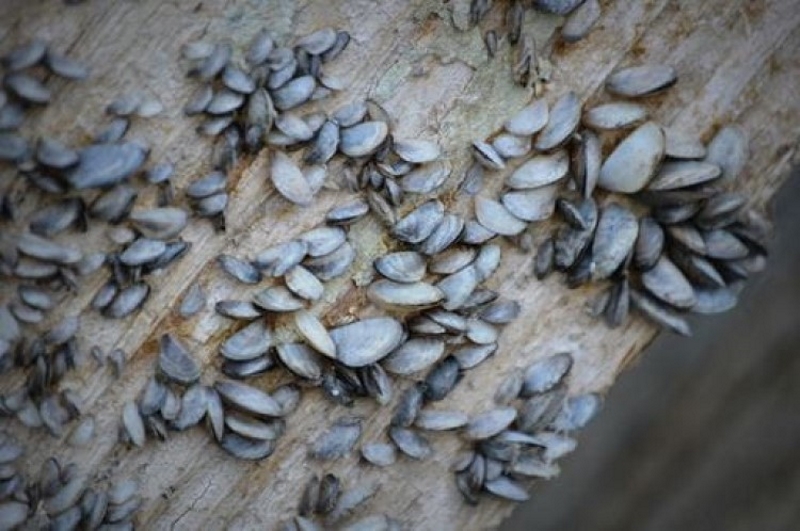The government of Saskatchewan is proudly announcing that 2024 was another year where its waters were clear of major invasive species.
The province has had ongoing campaigns to remind people that they should watch for invasive species, such as invasive zebra or quagga mussels or spiny waterflea.
The team lead for the aquatic invasive species program with the Ministry of Environment Jeri Geiger talks about the work they put into the program.
"We do monitoring of a number of Saskatchewan water bodies every year in partnership with quite a few other partners who support those monitoring efforts. We have about 46 high-priority waters that we monitor based on water chemistry, access, and proximity to other water bodies that might be infected with invasive muscles and so we have a bit of a matrix that we've created to set those priority waters and then we will also sample any additional waters whenever possible."
The ministry has stressed that there are a number of ways people can keep those waters clear with Geiger talking about those.
"The biggest one is obviously to clean, drain, and dry your watercraft. This includes any equipment that may come in contact with the water. We want to look at things like life jackets, anchors and anchor rope, buoys, things like tubes, and it also applies to kayaks and paddles, basically anything that comes in contact with the water should be completely cleaned."
"So we want to remove anything you might find attached, any aquatic plant, mud, you want to make sure it's drained. So you want to make sure you drain all standing or onboard water because that standing water can carry larval mussels. Then you also want to make sure the watercraft is completely dry and get those drain plugs removed and kept out for transport, it's mandatory to keep those drain plugs out of the watercraft whenever you're transporting watercraft in the Saskatchewan."
Geiger says they'll look towards keeping people aware of how to clean their equipment and keep up with other organizations as 2025 starts.
"We will continue to operate our watercraft inspection program. We do coordinate with neighbouring jurisdictions and provinces on things like watercraft inspection, so we work closely with them to kind of identify those higher-priority routes of entry, and we'll focus our inspection efforts there."
"But we'll also be working at local boat launches. You might see our staff out at your local lake or you may see conservation officers out on the highway looking to make sure that watercraft are clean, drained, and dry. And that those plugs are removed for transport."
